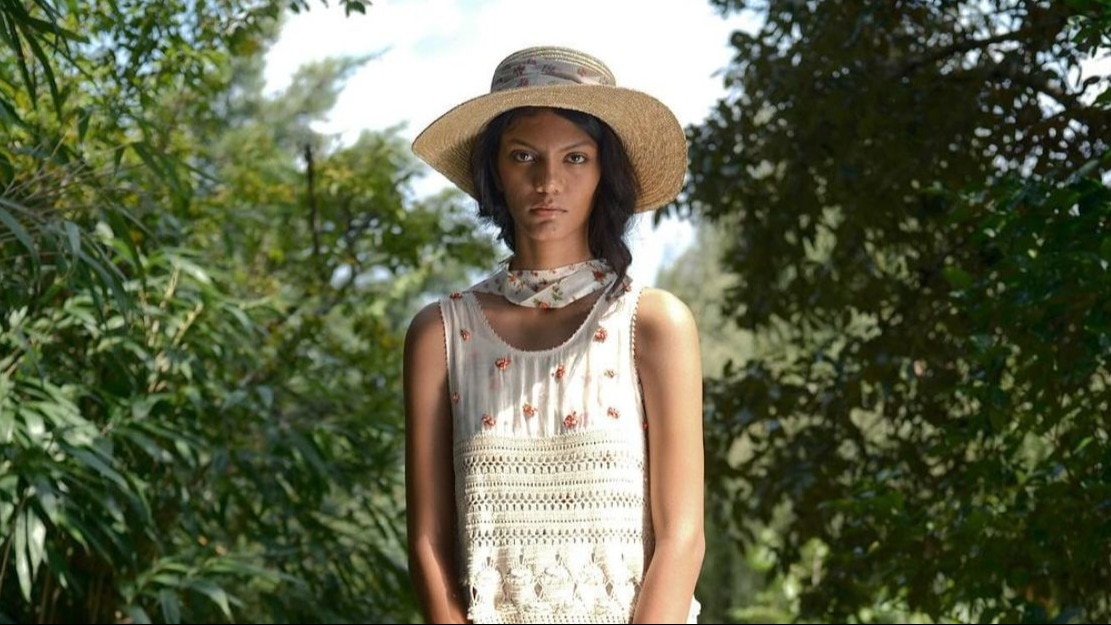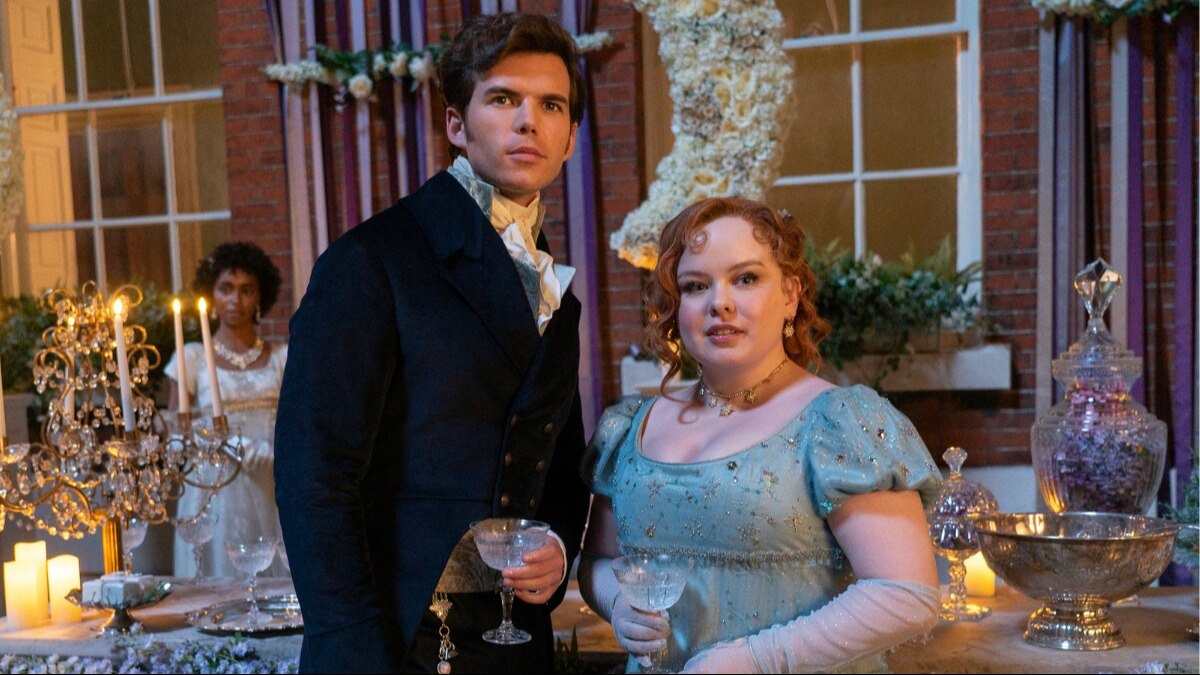
Kabir Bedi talks about all things love, loss, and forgiveness
The actor pens a heartfelt essay about his life learnings in an inspiring essay for Bazaar India


Love has many meanings, loss has only one: grief. We grieve for what we have lost. Today, we are suffering a pandemic of loss. Every one of us is mourning the death of someone we knew, loved, or admired. Loss is in the ethers around us. In the heart-wrenching tragedies in the news and on television, in the suffering of friends and families, in the aching desire for a return to normalcy. But loss has become the new normal, an ongoing sorrow that refuses to go away.
When someone we love dies, we can tend to feel guilty. We wonder what we could have done to prolong their life or prevent their death. Or said what we wanted to say to them before they passed away. I was painfully aware of the collective guilt of friends and family at the funeral of my son in Los Angeles after he committed suicide in 1997. When I spoke, I said we shouldn’t feel guilty. But I felt the pain of guilt most of all. I had looked after him in his final days as we battled his schizophrenia. How could I not feel guilty at the time? With the passing of years, I forgave myself. I knew I had done everything I could to save him. The guilt receded, the pain lessened, but his loss still scars my soul. Forgiveness doesn’t mean forgetting. But I have learned to live with it.
All of us have to find ways of coping with suffering and death in this pandemic. It isn’t easy, even in normal times. Mourning is natural and must be given its time. We need to express our grief, accept our sadness, and share it with others. Blame and anger may follow, too. Life, said the Buddha, is full of suffering. But it shouldn’t run our lives. We have jobs to do, families to raise, dreams to fulfill. ‘Life is like a grindstone,’ I read somewhere. ‘Whether it grinds you down or polishes you up depends on what you’re made of’. We must rise above adversity, and give strength to others, too. Our lives are but gleams of light between two eternities. The dead will not forgive those who forget to live.
Many of the wrongs in life are unforgivable: murders, rapes, grievous injury to others, betrayals of financial trust, and so on. But we have a remedy for them. Laws and courts exist to right those wrongs. Even if it takes long, we can hope for justice in the end. But when we lose a loved one, there is no recourse. Our sadness is deeply felt, and our happiness seems far away. That is understandable. But what ruins the everyday happiness of many are not the great sorrows or unforgivable crimes. It is the lesser wounds to their egos: she said this about me, he did that to me, they made fun of us. A chain reaction begins. Soon, it starts to consume us and rules our lives. It seems as if our image, our reputation, even our lives are at stake. Small slights become cosmic causes. But is it really worth the price we pay? As Thoreau said, ‘The cost of a thing is that amount of life which must be exchanged for it’.
As I have grown older, I have realised that our greatest capital is time. To spend it on perceived injuries to our egos is to punish ourselves. Life is so much more than righting the wrongs of people who shouldn’t matter. There are careers to build, journeys to share, greater sorrows to survive. Focusing on negative emotions is a whirlpool that draws us away from achievements and pleasures. Forgiveness liberates us from that fate. It frees our mind to seek more rewarding pursuits. Life can be a cornucopia of delights: books to read, plays and films to enjoy, recipes to cook, places to discover, hobbies to explore. In the end, forgiveness might even be the best revenge. As Oscar Wilde said in his inimitable style, ‘Always forgive your enemies, nothing annoys them so much’.
The forgiveness of foes and the loss of loved ones are reflections of the complexity of the lives we lead, the emotions we feel, and our desire to rise above all that depresses us when life needs to be affirmed. The purpose of our lives is the evolution of the human race, and becoming the best we can be.
‘Stories I Must Tell: The Emotional Life of an Actor’ is available at leading bookstores and online.
Lead image: Kabir Bedi/Instagram









